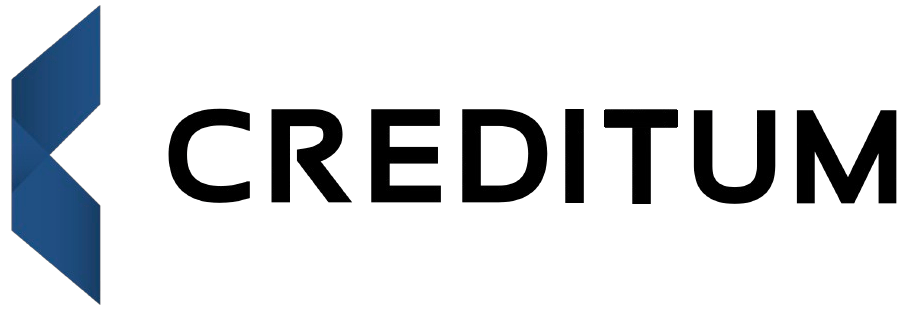Apply for an overdraft
- No impact on your credit score when
you compare - Get offers in seconds
- Loan offers are non-binding

An overdraft is a facility provided by banks that allows you to withdraw more money than you actually have in your account. It’s like a temporary financial buffer designed for unexpected expenses or cash flow shortfalls. Often, it’s used to manage day-to-day expenses until your next deposit arrives. Overdrafts can help you cover urgent bills, but it’s important to use them wisely to avoid high fees or interest.
Benefits of applying for an overdraft
Applying for an overdraft offers valuable financial flexibility and emergency access to funds. When unexpected expenses arise, an overdraft can be a lifeline, providing immediate cash flow without lengthy loan applications. This facility ensures that your essential payments are covered, avoiding unwanted penalties or disruptions. It’s a straightforward way to maintain financial stability, adaptable to your needs.
How to apply for an overdraft
Applying for an overdraft doesn’t have to be complicated. To start, check with your bank if they offer overdraft facilities. Once confirmed, gather all necessary documents. This usually includes your ID, proof of residence, and recent payslips. With these in hand, you can proceed to the next step.
- Visit your bank’s branch or login to their online portal.
- Look for the overdraft application section.
- Fill in the application form with your personal and financial details.
- Submit all required documents.
After submission, the bank will review your application. If approved, they’ll set your overdraft limit. If you have questions, the bank staff can help. Make sure you understand all terms before using the overdraft.
Who qualifies for an overdraft?
To qualify for an overdraft, you generally need to have a South African bank account in good standing and a regular income. Lenders often check your credit history to ensure reliability in repayments. Having a stable employment or source of income might also ease the process. Remember, it’s always important to stay within your financial limits to manage the overdraft responsibly.
Pros and cons of overdrafts
Overdrafts can be a helpful financial tool, offering both advantages and disadvantages. Understanding these can help in making informed decisions.
- Flexible spending option: Overdrafts provide a flexible way to manage shortfalls in your account, making it easier to cover unexpected expenses.
- Quick access to funds: It’s ready instantly, so you can deal with emergencies without delay.
- Pay interest only on what you use: Unlike loans, you only pay interest on the amount you actually overdraw.
- Potential fees and charges: Overdrafts might come with high fees or interest rates, which can quickly add up.
- Risk of debt cycle: Relying on overdrafts often can lead to a cycle of debt, making it hard to get back into the black.
Balancing these pros and cons is key to using overdrafts effectively.
Tips for managing your overdraft
Keeping track of your spending is essential. Start by regularly checking your bank statements to see where your money goes. This way, you can spot any unnecessary expenses and cut back where possible. Set reminders for when payments are due to avoid unexpected overdraft fees.
Create a simple budget that outlines your monthly income and expenses. Listing your financial commitments can help you adjust your spending habits. If you occasionally dip into your overdraft, identify the cause and consider setting aside a small amount each month to gradually reduce the balance. Financial awareness can keep your overdraft use under control.
Alternatives to overdrafts
If you’re looking for financial options aside from traditional overdrafts, there are many paths to consider. These options can help manage your cash flow effectively without the need for an overdraft application.
- Personal loans offer a fixed amount of money with set repayment terms, making budgeting easier.
- Credit cards provide revolving credit access, allowing for flexibility in spending and repayment.
- Credit facilities from financial institutions can offer short-term solutions with manageable terms.
Exploring these alternatives can potentially provide the relief you’re seeking while maintaining financial stability.
Common misconceptions about overdrafts
Many people believe that once you apply for an overdraft, you are locked into a permanent arrangement. This is not true. Overdrafts can be temporary financial solutions. They are typically linked to your bank account, giving you flexibility without long-term commitment. Another misconception is that only those with a high income are eligible. In reality, banks often assess your entire financial situation, including your spending patterns and repayment capability, not just your income. Understanding these facts helps in making informed financial decisions.
